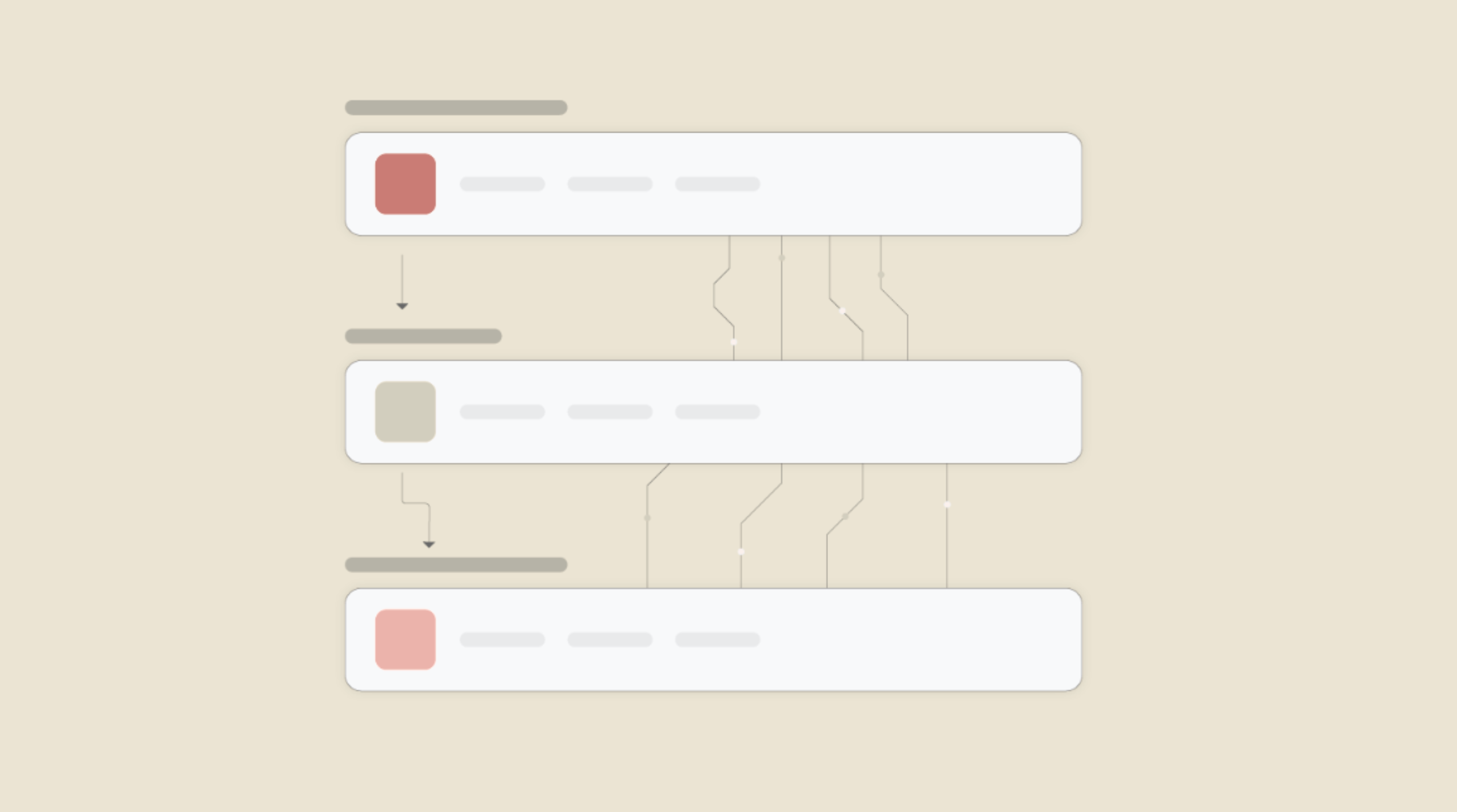Connect GitLab and Respond.io to Build Intelligent Automations
Choose a Trigger

When this happens...

New Commit

Merge Request Review Request

New Job Event

New Issue Comment

New Project Merge Request Event

New Project Issue Event

New Merge Request Comment

New Commit Comment

New Code Snippet Comment

New Group Issue Event

New Group Merge Request Event
Choose an Action

Automatically do this!

Assign/Unassign Conversation

List All Users

List All Contacts

Add Comment

Add Space Tag

Add Tags

Create Contact

Create Cusom Field

Update Contact

Update Contact Lifecycle

Open/Close Conversation

Update Space Tag

Find Contact

Find Message

Find Contact Channel

Delete Space Tag

Delete Contact

List All Custom Fields

Send Message

Find User

Find Custom Fields
Ready to use GitLab and Respond.io automations
Actions and Triggers
When this happensTriggers
A trigger is an event that starts a workflow.
New Commit
Triggers when a commit is made on a specified project.
Merge Request Review Request
Triggers when you are requested to review a merge request.
New Job Event
Trigger for a specified job event in a project.
New Issue Comment
Triggers when a new comment is made on an issue in the selected project.
New Project Merge Request Event
Triggers on an open, merge, or close merge request event.
New Project Issue Event
Triggers on project issue event. e.g. when an issue is opened, closed or updated.
Do thisActions
Action is the task that follows automatically within your GitLab integrations.
Find Project Merge Requests
Find merge request for a project.
Find All Merge Requests
Finds all Merge Requests that the authenticated user has access to.
Create a Commit
Creates a new commit. Supports creating or updating a file.
Create Merge Request
Creates a new merge request.
Create a Branch
Creates a new branch.
Add a Note to Merge Request
Adds a new note to merge request.
Know More About Gitlab and Respondio Integrations

How viaSocket Works | A Complete Guide
Gain insights into how viaSocket functions through our detailed guide. Understand its key features and benefits to maximize your experience and efficiency.

5 Simple Automation Hacks to Make Your Team Free
Unlock your team's potential with 5 straightforward automation hacks designed to streamline processes and free up valuable time for more important work.

What is Workflow Automation - Definition, Importance & Benefits | A Complete Guide
Workflow automation is the process of using technology to execute repetitive tasks with minimal human intervention, creating a seamless flow of activities.
Frequently Asked Questions
To start, connect both your GitLab and Respond.io accounts to viaSocket. Once connected, you can set up a workflow where an event in GitLab triggers actions in Respond.io (or vice versa).
Absolutely. You can customize how GitLab data is recorded in Respond.io. This includes choosing which data fields go into which fields of Respond.io, setting up custom formats, and filtering out unwanted information.
The data sync between GitLab and Respond.io typically happens in real-time through instant triggers. And a maximum of 15 minutes in case of a scheduled trigger.
Yes, viaSocket allows you to add custom logic or use built-in filters to modify data according to your needs.
Yes, you can set conditional logic to control the flow of data between GitLab and Respond.io. For instance, you can specify that data should only be sent if certain conditions are met, or you can create if/else statements to manage different outcomes.
About GitLab
GitLab is a comprehensive DevOps platform that provides source code management, CI/CD pipelines, and project management tools, enabling teams to collaborate efficiently on software development projects.
Learn MoreAbout Respond.io
respond.io unifies customer communication across instant messaging, web chat, and email for organizations that market, sell, and support.
Learn More